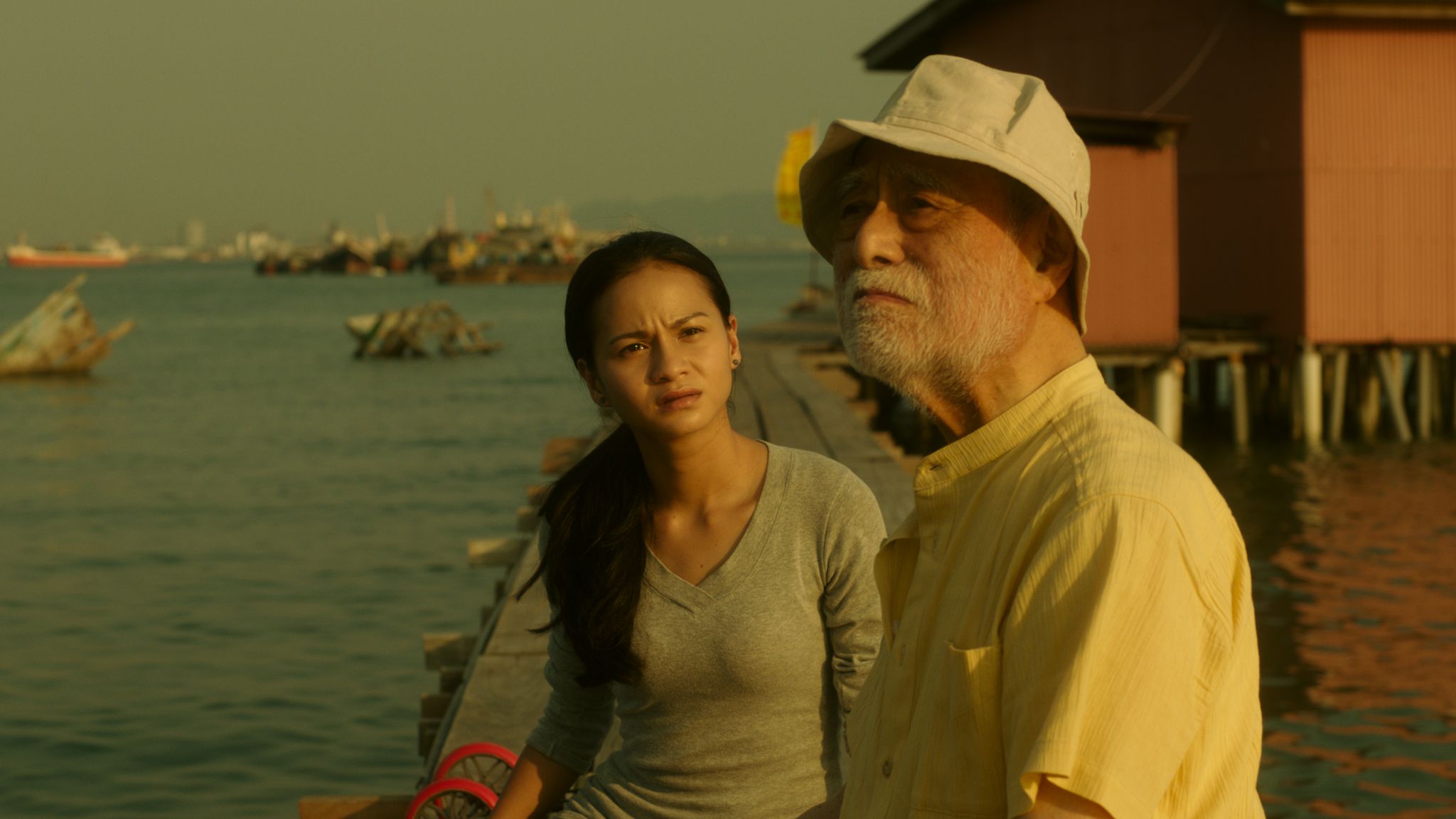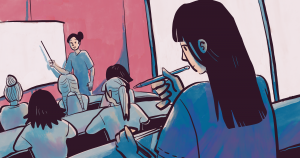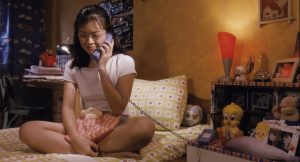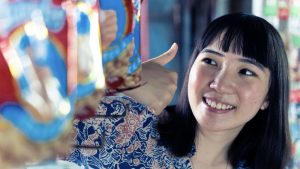The night Japan and Poland played at the World Cup, the usual uncle rambling was much rowdier than usual. Over their cursing at Team Japan, I raised my voice to place my order.
All too soon, the drunken blur of Hokkien and Mandarin turned angry. I tuned in, hoping to hear more. Words like “invade”, “torture” and “family” were being spat around, clearly directed towards Japan. Recalling what their families had experienced during the Japanese Occupation, these uncles didn’t want Japan to be the last team standing for Asia.
For the first time, all that uncle talk stayed with me. Hate of that sort isn’t usually aired aloud in Singapore—the same sort of hate my older family members and neighbours have expressed about their own wartime history. Come morning, the resentment I witnessed at the kopitiam did not fade away, but resurfaced in me as questions about my own distance as an adult.
My family, and those of many others around me, had lived through a scary past I’ve only read about in textbooks. Yet does their suffering mean that I should still feel that same fear and anger towards the Japanese, our past aggressors?
This experience brought to my mind the ideas behind Asian Three-Fold Mirror 2016: Reflections, the focus of the final session of Singapore International Film Festival’s New Waves 2018. An omnibus of three films answering to the theme of “Living Together in Asia”, directors Brillante Mendoza, Yukisada Isao and Sotho Kulikar attempt to understand how guilt unfolds in the lives of three old men experiencing the consequences of their history—from a fatal lahar in Philippines and Malaya’s Japanese Occupation, to Cambodia’s Khmer Rouge. I’ll focus on the middle segment, Pigeon, by Yukisada Isao.
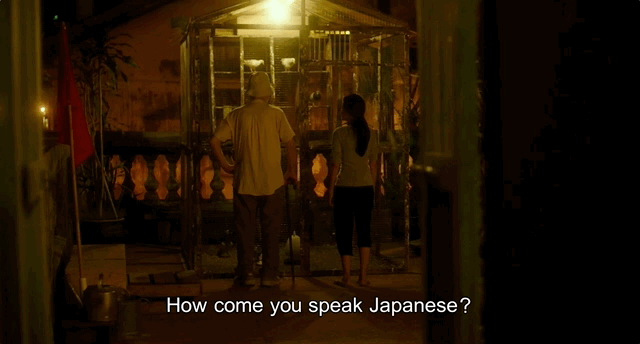
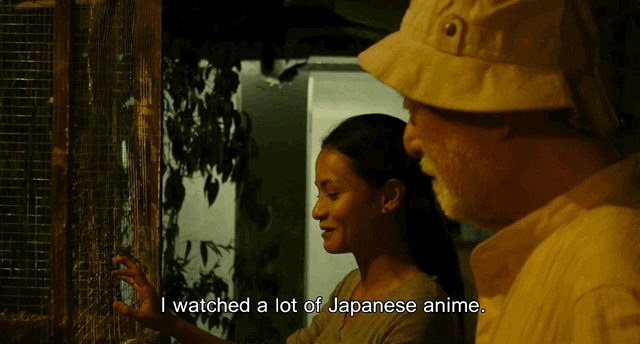
There’s a difference in the way Yasmin—and Singaporeans of my generation—learned Japanese, compared to others before her. We willingly picked up Japanese out of interest, whereas many of our elders were pressured into the same knowledge as a defence, as a way to survive at the hands of an aggressor.
A scene with Ojiichan in the forest harkens to this as well. As we watch characters sing the Japanese Patriotic March by heart, we recognise the flashback to a specific time in our region’s history with Japan, when many in Malaya were made to sing these anthems every day.
The voices, with the people looking back at Ojiichan, allude to his own connection to the Japanese occupation.
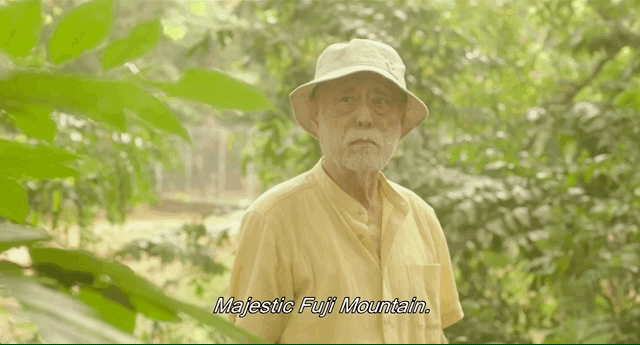
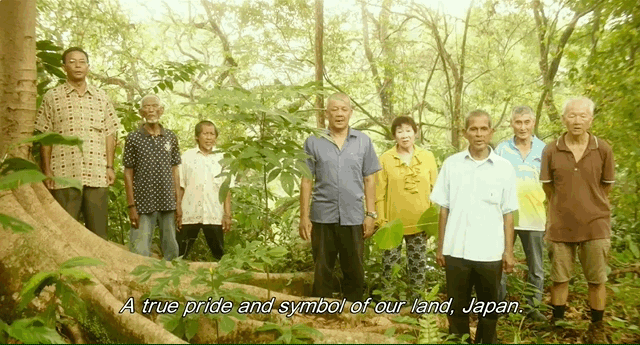
The past, seemingly forgotten, still leads the present in a tug of war.
Returning to the moment on the rooftop, the short chat between Ojiichan and Yasmin also shows us that there’s more to the old man’s dementia than meets the eye, especially when Yasmin takes the chance to ask an important question:
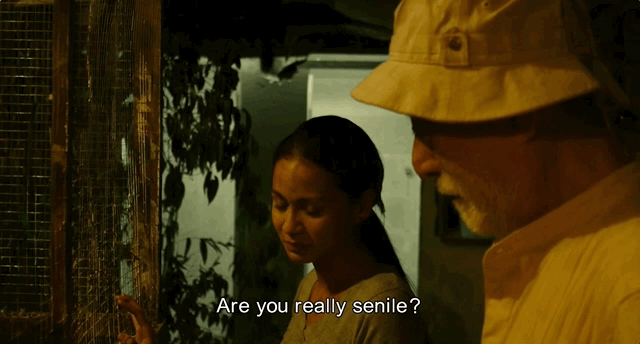
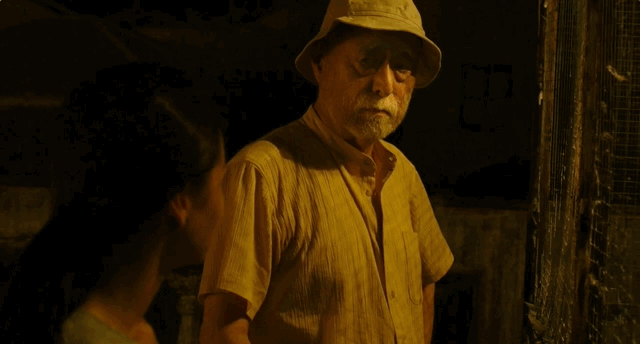
Perhaps Ojiichan’s pretense of dementia, then, is a willful way of forgetting his own regretful past—a denial and feigned numbness that isn’t unfamiliar to us Singaporeans, eager as we are to separate ourselves from the Singapore of yore.
Is personal amnesia the only hope we have for resolution?
The film answers: not so. Ojiichan proves able to change, via Yasmin. Starting with a private wink, he allows himself to shed his protective layer of pretend-dementia in front of her—discarding something he’s used to distance himself from others.
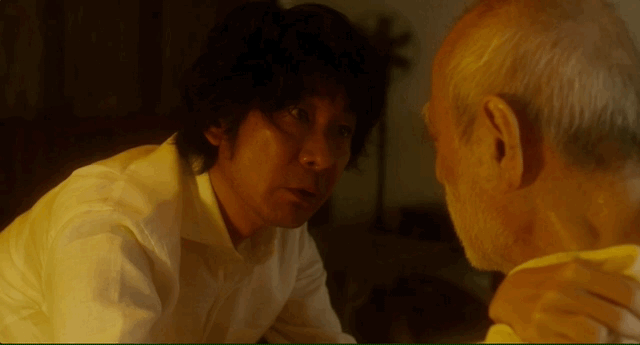
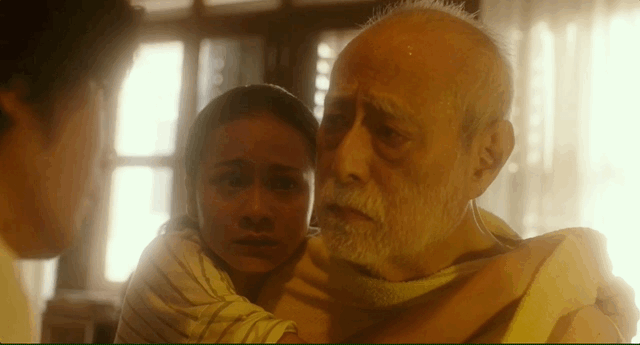
Should we still feel fear and anger towards our past aggressors? There is no right answer.
There’s a reason why the uncles at the kopitiam were angry and hurt, and when we listen closely to their stories of loss, they explain these emotions loud and clear. Yet we don’t have to partake in these feelings in order to care for our nation.
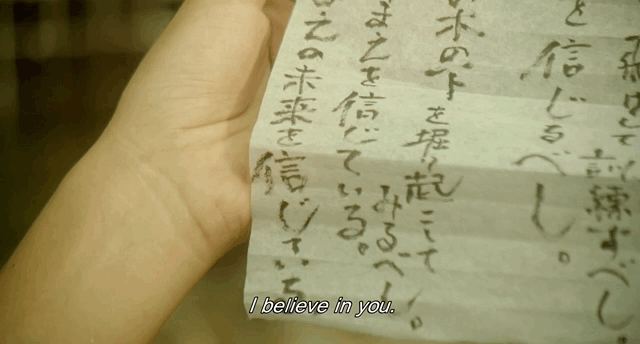
In today’s tumultuous world, it takes a younger generation’s embrace to obtain this peace, so we can bravely take new steps to living together in Asia in harmony.
Catch Yukisada Isao’s Pigeon in the SGIFF New Waves screening of Asian Three-fold Mirror 2016: Reflections on Wednesday, 25 July, 8 p.m. at *SCAPE. Stay for a chat with Sharifah Amani and Janice Koh as the charismatic actresses tell us what cross-cultural filmmaking means to them.
Reserve tickets to the event here. For full information on upcoming New Waves events, click here.

